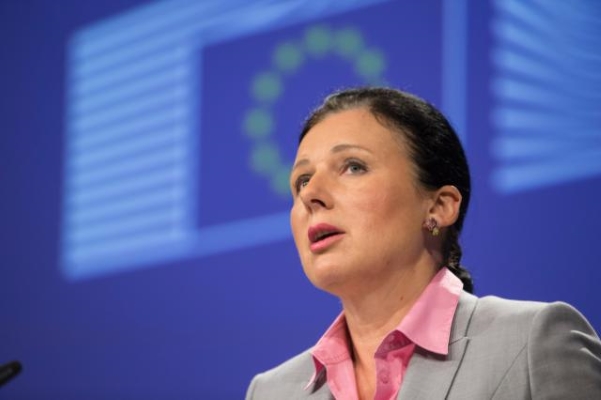
The European Commission has issued guidelines that put pressure on tech giants such as Google, Facebook and Twitter to do more to remove illegal online content that includes copyright infringement and counterfeit goods.
The guideline, which also targets hate speech, the inciting of violence and terrorism and other threatening material, highlights the need for internet and social media firms to step up their social responsibility in the face of “the surge of illegal content online”, and details how they should proactively prevent, identify and remove the offending content in a more timely and efficient manner.
“The increasing availability and spreading of [illegal content] online is a serious threat to the security and safety of EU citizens. It also undermines citizens’ trust and confidence in the digital environment – a key engine of innovation, growth and jobs,” the EC said in a statement. “[These guidelines] will contribute to making the fight against illegal content more effective and will advance the ongoing work to build an effective ad genuine EU Security Union and a stronger Digital Single Market.”
“The rule of law applies online just as much as offline. We cannot accept a digital Wild West, and we must act. However, if the tech companies don’t deliver, we will do it,” said Vera Jourova (pictured), EU commissioner for justice and consumers.
Although many tech companies have already stepped up their game to crackdown on illegal online content following criticism – and have even agreed to an EU code of conduct – the European Commission believes the companies are still too slow to act.
Furthermore, current legislation states websites are not liable for the content posted by their users, and are not required to monitor content, creating something of an enforcement gap in controlling the online presence of illegal content.
Mariya Gabriel, EU digital commissioner, said that in more than 28 per cent of cases, it took more than a week for illegal online content to be taken down. “The situation is not sustainable. Today we provide a clear signal to platforms to act more responsibly,” she added.
The guidelines, which the EC sees as providing the means to make it easier for companies to “fulfil their duty”, suggest measures such as establishing third-party trusted flaggers to monitor and identify illegal content, investing in automatic detection technologies, increased efforts to prevent reposting of illegal content that has already been taken down, and establishing timeframes for the removal of illegal content once it is discovered.
They also recommend the appointment of a central contact who should be the go-to person to be alerted about the presence of illegal content, and suggest that companies should issue guidelines for their users on their processes around the identification, treatment and removal of illegal content, as well as issue transparency reports detailing the number and types of notices received.
The EC, which expects companies to proactively implement the guidelines, also warned that legislation could be forthcoming in May if the progress to remove and prevent illegal content online has been insufficient.
The guidelines have been welcomed by the industry trade body. “The Computer and Communications Industry Association has advocated for a long time for the introduction of well-thought-out notice and action guidelines, and this… is a welcome initiative for a more aligned approach on the removal of infringing content across the European Union,” the body said in a statement.
However, despite the call to crackdown on illegal online content, concerns have been raised that the European Commission’s move could impinge free speech and censor information to the public.
Similar concerns were raised in July when the Supreme Court of Canada banned Google from displaying - anywhere in the world - the websites of a company accused of counterfeiting.
Andrus Ansip, vice-president for the Digital Single Market, denied such concerns. “We are providing a sound EU answer to the challenge of illegal content online. Our guidance includes safeguards to avoid over-removal and ensure transparency and the protection of fundamental rights such as freedom of speech.”
©
SecuringIndustry.com





